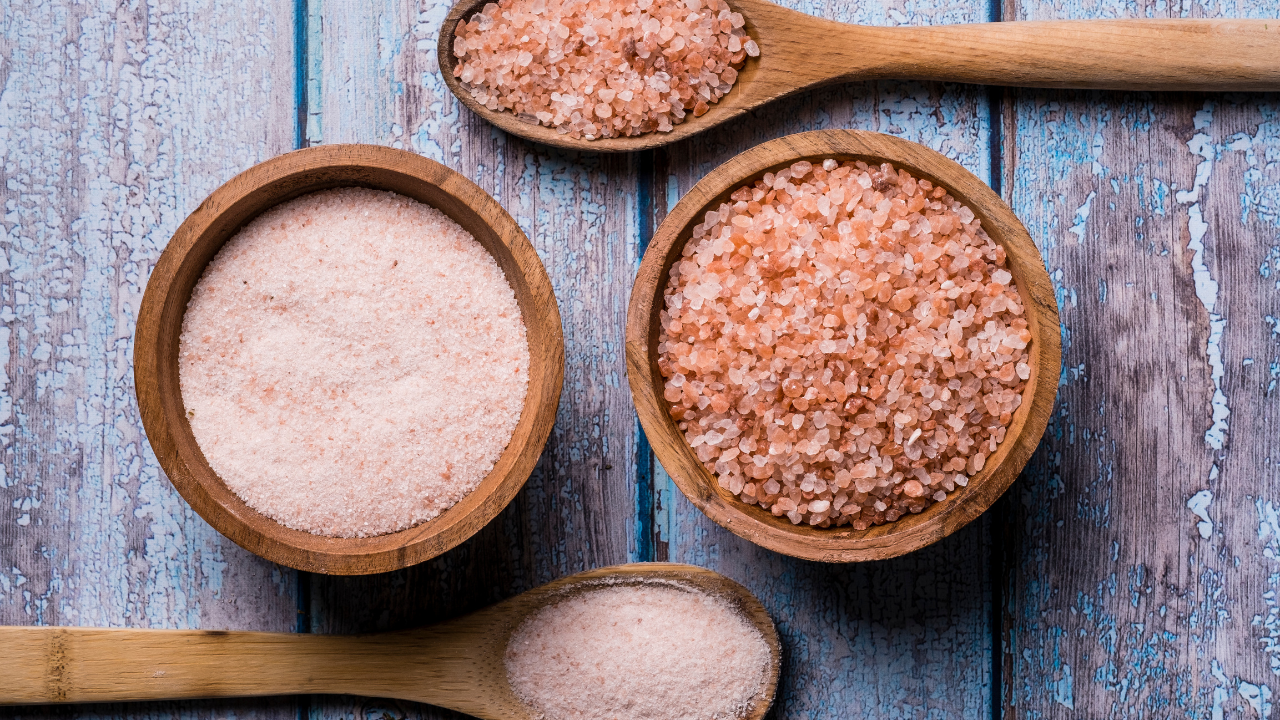Is Pink Salt Weight Loss An Ancient Ayurvedic Ritual Or AI-Fueled Fad Trend?

(Credit-Canva)
SummaryPink salt trick has gained a lot of momentum in social media, like many other weight loss trends. However, the fact that it is how much of this diet trend is healthy is still questionable.
End of Article
